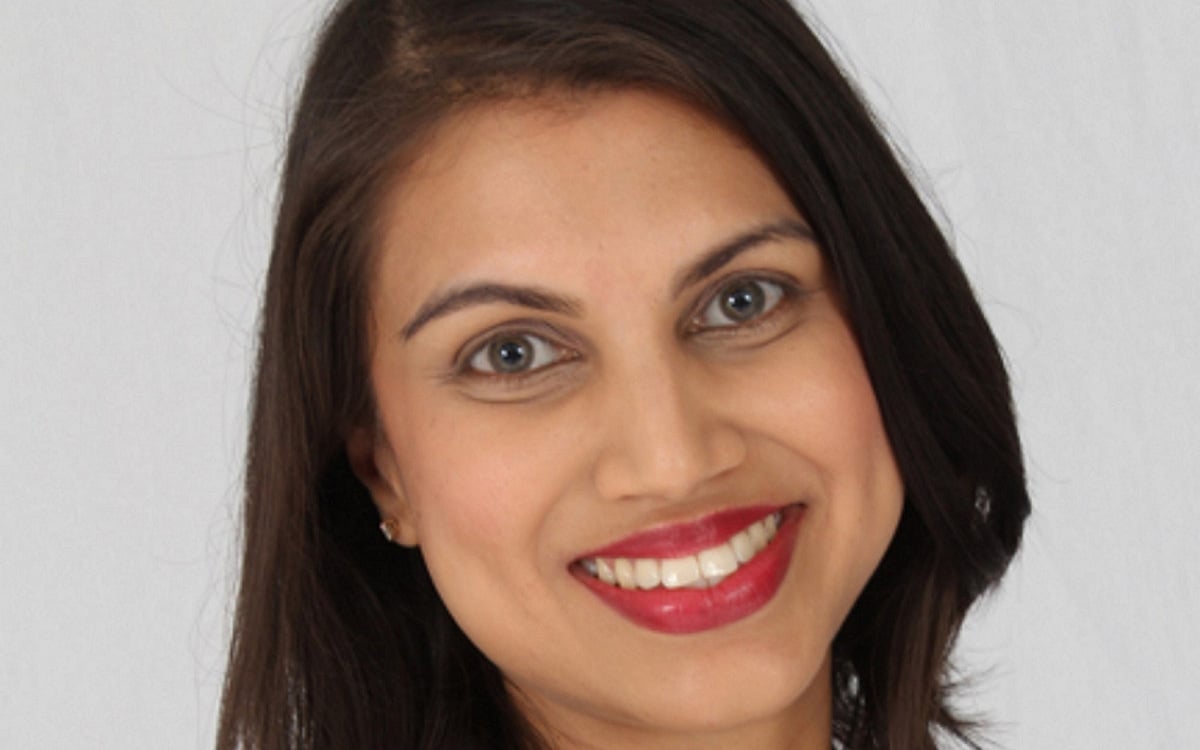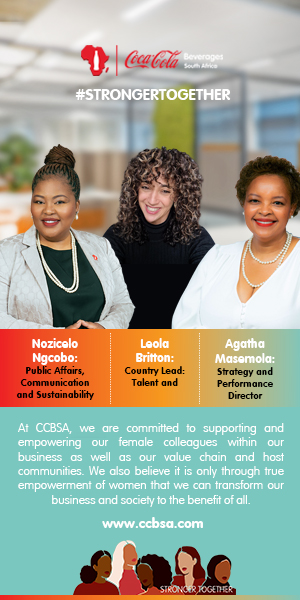Having worked in the male-dominated IT industry as a young woman, Surika Sookram faced many challenges. Sookram now works at Nippon Telegraph and Telephone Corporation (NTT), a Japanese telecommunications company that operates in more than 200 countries and regions.
Sookram’s role at NTT is senior consultant, data governance, within the data management domain. Her work entails the implementation of data governance strategies, frameworks and roadmaps, enforcing and implementing policies and procedures that ensure data is used and maintained properly, as well as implementing common information models by understanding databases, data structures and data classification, among other data-based responsibilities.
Through her research, she has developed a framework that she hopes will aid two million South African small to medium-sized enterprises (SMEs) in implementing an IT strategy.
Sookram says: “Through technology and innovation, NTT delivers a secure and connected future that empowers its people, clients and communities. The company delivers on business priorities through technology-led initiatives.”
Sookram believes that a healthy family life is the best foundation for girls to flourish and reach their dreams. With this in mind, she became a Family South Africa (FAMSA) board member. FAMSA is a non-profit organisation that focuses on individual and family intervention services, including parenting skills, fatherhood programmes, crime prevention and assisting victims of gender-based violence.
She has been instrumental in creating and spearheading FAMSA’s first formalised strategy, which aided the national South African office and 28 affiliates to be at the forefront of getting funding for gender-based programmes, as well as several other initiatives, including addressing the crisis of teenage pregnancy, gender-based violence and teaching self-efficiency through entrepreneurial skills.
I am proud that FAMSA offers tools and skills for young girls and women because we need to change the narrative so girls and women can achieve their ambitions,” she says.
Sookram says that she has had to work extra hard, show perseverance and continuously bring her passions to the table. She remembers being the only woman in her graduating class awarded a PhD in information systems at the University of KwaZulu-Natal.
“This journey has led me to believe in making a difference now and for the next generation. I work to be a voice in emerging technology, SMEs and skills development. I have learnt to lend my voice and skills to create more initiatives across South Africa.
“[I want] young girls to see women who are not afraid to speak their minds so that they can aspire to do so as well. I learnt to be an influence to ensure intentional action is taking place and I want to be at the forefront of programmes aiming to address these issues.”
When asked what she would change in South Africa, Sookram says: “I want to focus on elevating and changing the discussions with leaders. Leadership in corporate, communities, on platforms — everyone who is in a role or a position of power.
“[I want] to deliberately make the decision to recognise and give women tangible opportunities to develop. It doesn’t always have to be about putting women in positions of leadership. It’s about changing the mindset about giving women opportunities — it starts with me,” she says.
“In a lot of instances, you may feel that you’re not well-equipped and that’s okay. Put your hand up and take the opportunity because you never know what will come of that. So it starts from the bottom to our leaders saying, ‘it starts with me’. The difference we can all make goes a long way and the more we come together, the broader we can expand.”

































